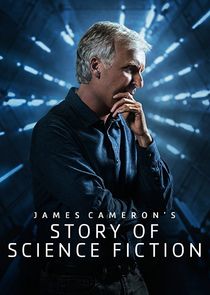Samuel R. "Chip" Delany (born April 1, 1942 in Harlem, New York City, U.S.) is an American writer and literary critic. His work includes fiction (especially science fiction), memoir, criticism, and essays on science fiction, literature, sexuality, and society. His fiction includes Babel-17, The Einstein Intersection (winners of the Nebula Award for 1966 and 1967, respectively); Hogg, Nova, Dhalgren, the Return to Nevèrÿon series, and Through the Valley of the Nest of Spiders. His nonfiction includes Times Square Red, Times Square Blue, About Writing, and eight books of essays. He has won four Nebula awards and two Hugo Awards, and he was inducted into the Science Fiction and Fantasy Hall of Fame in 2002.
From January 1975 to May 2015, he was a professor of English, Comparative Literature, and/or Creative Writing at SUNY Buffalo, SUNY Albany, the University of Massachusetts Amherst, and Temple University.
In 1997, he won the Kessler Award; further, in 2010, he won the third J. Lloyd Eaton Lifetime Achievement Award in Science Fiction from the academic Eaton Science Fiction Conference at UCR Libraries. The Science Fiction Writers of America named him its 30th SFWA Grand Master in 2013, and in 2016, he was inducted into the New York State Writers Hall of Fame. Delany received the 2021 Anisfield-Wolf Lifetime Achievement Award.
Samuel Ray Delany, Jr. was born on April 1, 1942, and raised in Harlem. His mother, Margaret Carey (Boyd) Delany (1916–1995), was a clerk in the New York Public Library system. His father, Samuel Ray Delany Sr. (1906–1960), ran the Levy & Delany Funeral Home on 7th Avenue in Harlem, from 1938 until his death in 1960. The family lived in the top two floors of a three-story private house between five- and six-story Harlem apartment buildings.
Delany was born into an accomplished and ambitious family of the African American upper class. His grandfather, Henry Beard Delany (1858—1928), was born into slavery, but after emancipation became educated, a priest and the first black bishop of the Episcopal Church. Civil rights pioneers Sadie and Bessie Delany were among his paternal aunts. (He drew from their lives as the basis for characters Elsie and Corry in "Atlantis: Model 1924", the opening novella in his semi-autobiographical collection Atlantis: Three Tales.) Other notable family members include his aunt, Harlem Renaissance poet Clarissa Scott Delany, and his uncle, judge Hubert Thomas Delany.



